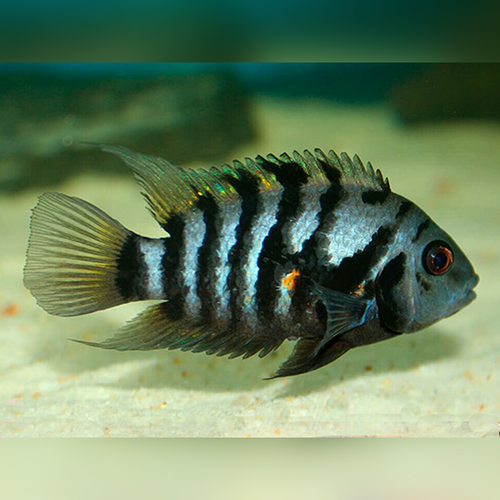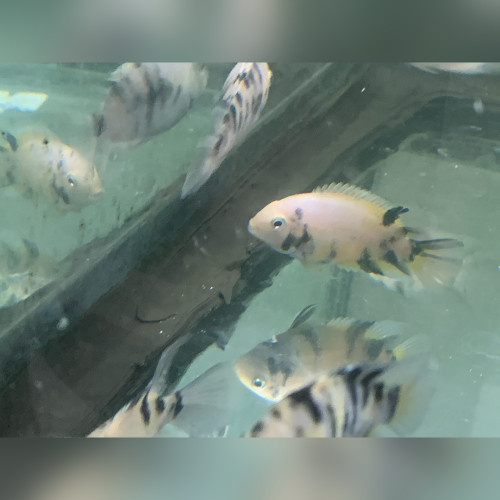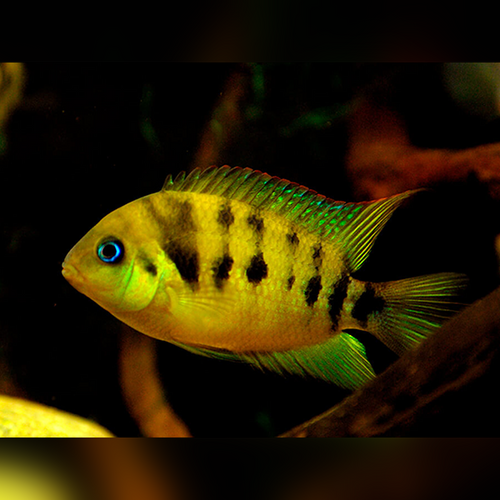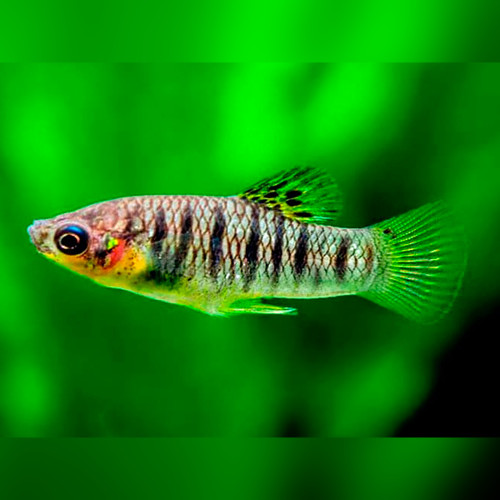Our Guide To Keeping Convict Cichlid Fish
-
About Fish Species:
- Scientific name: Amatitlania nigrofasciata
- Common name: Convict Cichlid
- Family: Cichlidae
- Origin: Central America, from Costa Rica to Panama
- Adult length: 10 cm (4 inches)
- Lifespan: 8 to 10 years
-
Tank Setup:
- Convict Cichlids can thrive in tanks as small as 20 gallons, but a larger tank is recommended for a breeding pair or community setup.
- Provide plenty of hiding spots with rocks, caves, and driftwood. They appreciate a well-decorated tank with plants, but they may uproot them, so choose hardy plants like Java Fern and Anubias.
-
Water Parameters:
- Convict Cichlids prefer slightly alkaline water with a pH range between 6.5 to 8.0.
- Maintain the water temperature between 72 to 82°F (22 to 28°C).
-
Filtration and Water Flow:
- Efficient filtration is essential to maintain water quality, but avoid strong currents as Convict Cichlids prefer calmer waters.
-
Diet:
- Convict Cichlids are omnivores and will accept a variety of foods including high-quality pellets, flakes, and live or frozen foods like bloodworms, brine shrimp, and small insects.
- Offer a varied diet to ensure they receive proper nutrition and supplement with occasional vegetable matter.
-
Tank mates:
- Convict Cichlids can be aggressive, especially when breeding, so choose tank mates carefully. Avoid keeping them with slow-moving or long-finned fish.
- Compatible tank mates include other semi-aggressive fish of similar size and temperament, such as other Central American cichlids or robust catfish species.
-
Behavior and Compatibility:
- Convict Cichlids are known for their territorial behavior, especially during breeding. Provide adequate hiding spots and territories to reduce aggression.
- They are generally not suitable for community tanks with passive or smaller fish, as they may harass them.










